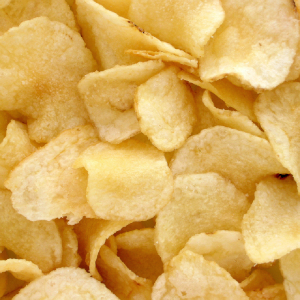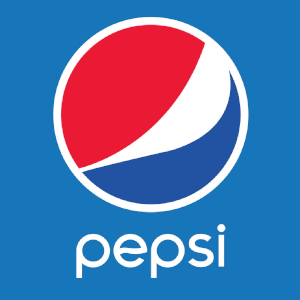Sometimes, something huge happens in the wink of an eye. And folks… sort of… miss it. “Could it really have been that easy?” they ask. “How did we miss it?” Will they say the same thing about ‘shrinkflation’ when reality sinks in?
I’m not saying it’s a sure thing. But the industry’s biggest player may have broken the back of one of the biggest consumer injustices of our age. PepsiCo this past week admitted it’s been using ‘shrink-flation’ to keep its costs down while keeping its packages and prices the same. All the while, giving fans less and less product for their buck.
What was the breaking point?
It wasn’t growing consumer clamour about being deceived and ‘cheated by chip bags containing less and less product. It wasn’t a huge class action lawsuit against America’s biggest salty snack maker. Nor was it a boycott of PepsiCo brands. It was the first drop in name-brand snack sales in decades, in the face of continued high inflation and overall high food prices.
What exactly happened?
Pepsi reported a significant decine, both in dollar sales and product volume, for the third-quarter for 2024. In fact, PepsiCo’s numbers, specifically, were gloomier than the overall industry results.
An analysis by the Bank of America revealed that dollar sales of snacks in the US declined by 0.5 percent in the third quarter of this year alone. And sales volume was down 1.1 percent for the same period. Pepsi was hit even harder. Its snack sales dropped a full 1 percent over the same period, and its snack volumes dropped 1.5 percent.
Meanwhile, the price per ounce of salty snacks has increased 36 percent compared to 2020, outpacing a 21 percent increase in overall grocery store prices, Robert Moskow, an analyst at TD Cowen, told CNN. Overall, the price per ounce of salty snacks has increased 36 percent compared to 2020, while overall grocery price inflation ran at just 21 percent for the same period.
The average price of 16-ounces of potato chips last month was (US)$6.46, up from (US)$5.02 in Sep-tember 2023, according to the US Bureau of Labor Statistics.
Not insignificant
The sales decline may sound insignificant – measured in fractions of a cent. But it happened i n spite of the industry’s best efforts to stay in the black. Bringing every tool in its promo and marketing box into play. And even – finally – PepsiCo admitting it’s been using sneaky, despicable tactics such as shrinkflation to deceive its fans.
Now, Pepsi says, it will make amends by offering special bonus bags, with 20 percent more product in them, at the price of a ‘regular’ bag. How long these special ‘we’re sorry’ bags will be offered remains to be seen. But Pepsi is determined to win back the trust of its fans, and maybe even carve out a slice of the competition’s market share.
My take
Everything is on the table, now, in Snackland. Shrinkflation is now out in the open. And an industry leader is taking responsibility for its part in the grand deception.
My questions for you:
Do you think the other players in the snacks sector will step up and seek fan forgiveness?
Do you think we’ve seen the last of shrinkflation in the snacks industry? In other packaged food sectors?
Is shrinkflaton finally going to fade into history?
What effect, if any, do you think this development will have on the overall problem of high food prices?
Muse on that…
~ Maggie J.


